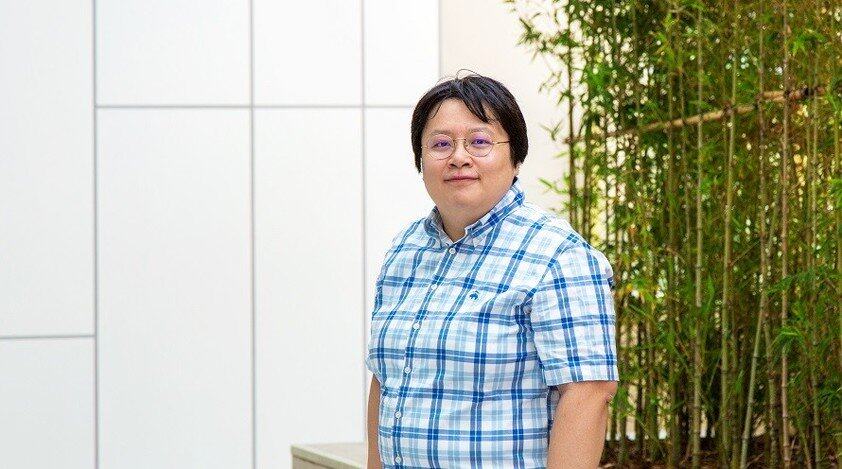While you may have come across the concept of keju, or China’s past civil service examination system, in history books or period dramas, a recent study led by Dr Ting Chen, Assistant Professor of the Department of Economics, suggests that the historical institution has had a persistent impact on modern economic development through the cultural values it fosters.


The lasting impact of keju
Begun in the Song dynasty and abolished in 1905, keju was used to select candidates to serve in the bureaucracy, regardless of their social background. Dr Chen says, “I was curious about why this meritocratic institution existed in China long before anywhere else in the world. What is its legacy?”
Through analysing historical and contemporary data, the researchers found that the average years of schooling today are higher in prefectures with a strong history of success in the civil exams. “Our research shows that keju has fostered a persistent culture of valuing education, even after the civil exam system was abolished,” says Dr Chen. “At the micro-level, it is interesting to see that among families with higher rates of obtaining the top degree, which was known as jinshi, the household spending on education is larger, and parents have higher academic expectations for their children.”
The research findings provide insights into the regional differences in educational attainment in China today. Published in the Economic Journal, the study won the best paper award from the Royal Economic Society Prize.
No disciplinary boundaries in research
Dr Chen’s interest in studying keju, an unconventional research topic for an economist, came from her love of learning. Along with an early interest in economics, she also enjoyed reading about sociology, history and political science when she was in school. Her wide range of interests, combined with a deep curiosity about the world, have driven her to conduct research into issues spanning across the areas of the political economy, economic history and development economics.
“When it comes to studying issues, there are no boundaries between disciplines. You can use the methodologies from economics, the approaches from sociology and the theories from political science in research, and I find this integration of disciplines fascinating,” she says.
Dr Chen is known to combine data analysis techniques with econometric identification strategies to tackle economic issues. “Data analysis can be applied to different areas of study. It has opened up new ways of answering old questions, and it can be used to identify new questions. Based on new data sources and methods, we can now better measure phenomena in the world and assess the causal effects between different factors,” she says.
Discovering the truth through data analysis
A keen observer of what’s happening in society today, Dr Chen is working on a new research project that is studying the long-term impact of the one-child policy on China’s labour market. The initiative has recently sparked new discussions as the nation has replaced it with a three-child limit.
She also shares her perspective on the “lying flat” attitude to work and life, which has taken hold among a growing number of China’s Generation Z. “China has developed tremendously over the past decades, and people were able to achieve social mobility. However, as the economy slows down in China and other parts of the globe, young people nowadays may not have as many opportunities as their parents’ generation,” she says, adding that declining upward mobility and income inequality are some of the problems affecting many countries around the world.
“In empirical research, we make use of real-world evidence to tackle issues. There are often many different factors leading to, as well as important consequences of, major policies or social phenomena, so we can approach a topic from multiple perspectives,” she says. “By making use of the collected data, we can find out which factors are the most important, and we can discover the truth.”






































